This phenomenon raises a thought-provoking question: Where is music going when lyrics are increasingly offensive, vulgar, and culturally deviant?
Not only Jack, recently, the wave of "rap diss" (a rap genre in which rappers use lyrics to criticize, mock or put down a specific opponent) and commercial music has distorted the language of art. Many young artists, including famous names such as Hieuthuhai, Phao, De Choat... have songs "caught" in this phenomenon. Some people justify it as "personality" or "the fighting spirit of rap", but when language goes beyond the bounds of morality, it is no longer art but a naked display of ego, more aggressive than creative.
More worryingly, social media has turned those offensive lyrics into “trends”. Many young audiences unconsciously repeat them, unwittingly contributing to a toxic language ecosystem, where aesthetic value is replaced by “drama”, noise and scandal. When a song is written not to be listened to but to be spread on TikTok, to “go viral” with a few seconds of shocking language, music has lost its soul.
In this story, the social responsibility of the artist is considered the top issue. The more influential the artist, the more he must understand that each word he sings can plant in the listener’s mind a way of thinking, an attitude of life. It is impossible to use the name of “living truthfully” to legitimize vulgar and arrogant words.
And of course, when the call for artist responsibility fails, when many people still use "dirty language" just to attract views, it is time for the public, the media and management agencies to use their power. Protesting music products that use offensive, vulgar lyrics, even banning artists from broadcasting is necessary to preserve good customs and traditions, and protect a healthy music space for the young generation.
A civilized society cannot let "toxic statuses" be dressed up in rhythm, and then called songs, called music!
Source: https://hanoimoi.vn/khi-ngon-ngu-doc-hai-khoac-ao-am-nhac-721004.html



![[Photo] Nhan Dan Newspaper displays and solicits comments on the Draft Documents of the 14th National Party Congress](https://vphoto.vietnam.vn/thumb/1200x675/vietnam/resource/IMAGE/2025/10/26/1761470328996_ndo_br_bao-long-171-8916-jpg.webp)

![[Photo] General Secretary To Lam received the delegation attending the international conference on Vietnam studies](https://vphoto.vietnam.vn/thumb/1200x675/vietnam/resource/IMAGE/2025/10/26/1761456527874_a1-bnd-5260-7947-jpg.webp)

![[Photo] Enjoy the Liuyang Fireworks Festival in Hunan, China](https://vphoto.vietnam.vn/thumb/1200x675/vietnam/resource/IMAGE/2025/10/26/1761463428882_ndo_br_02-1-my-1-jpg.webp)
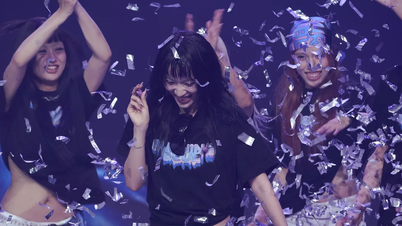

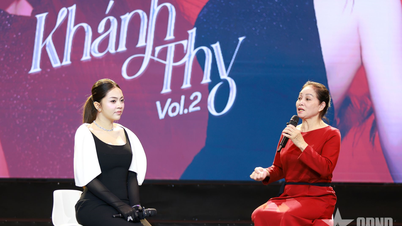

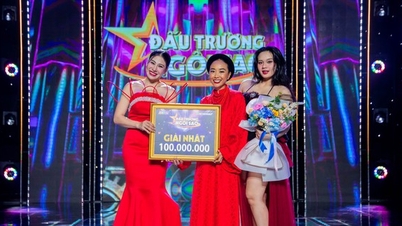





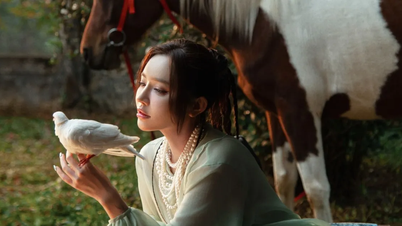



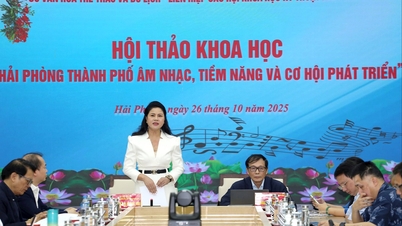

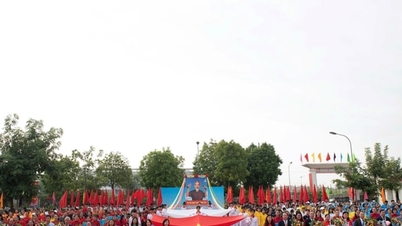
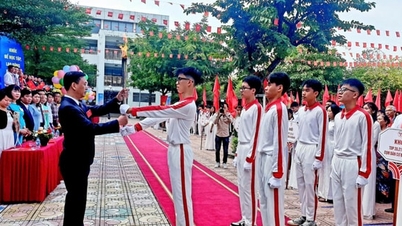





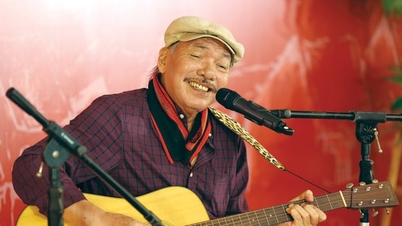
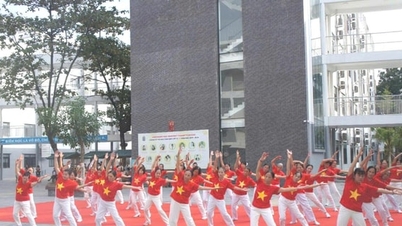
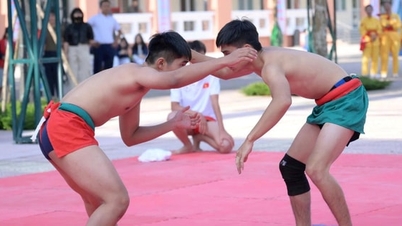
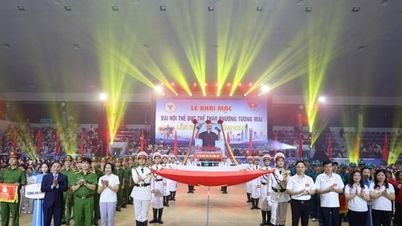
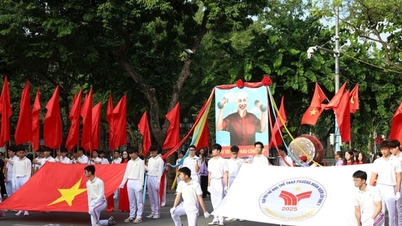

![[Photo] Prime Minister Pham Minh Chinh attends the opening of the 47th ASEAN Summit](https://vphoto.vietnam.vn/thumb/1200x675/vietnam/resource/IMAGE/2025/10/26/1761452925332_c2a-jpg.webp)

































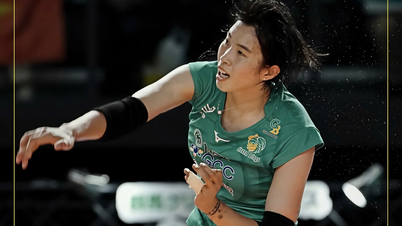


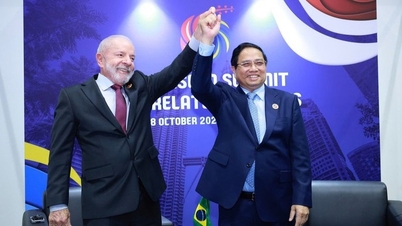
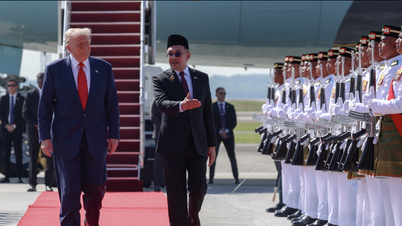
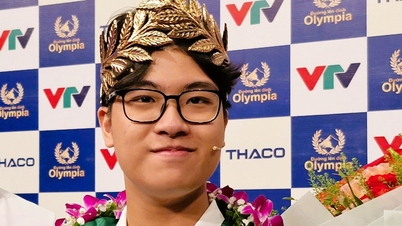
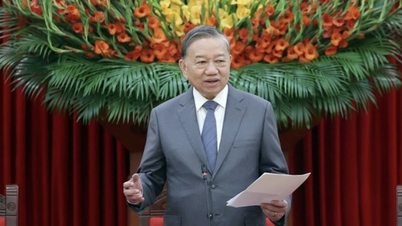

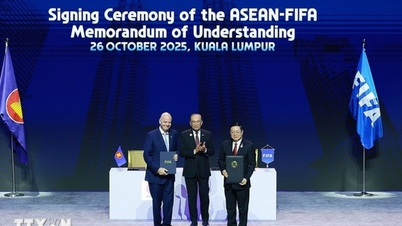

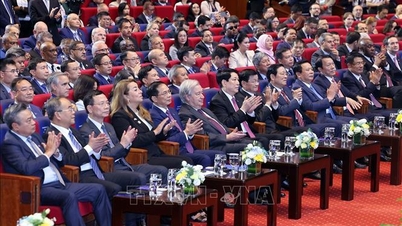

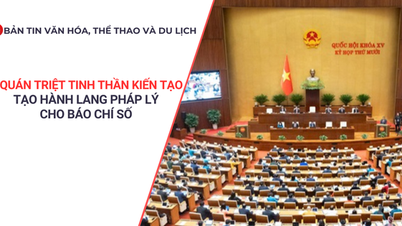



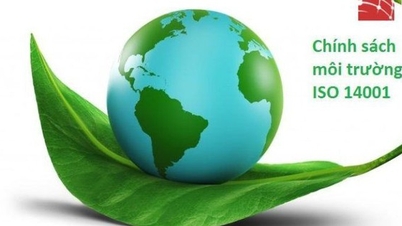

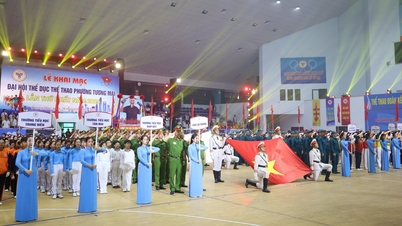
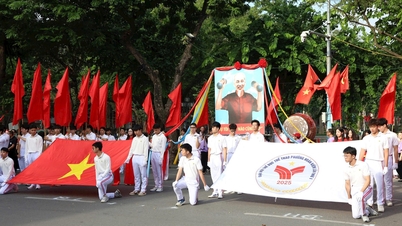
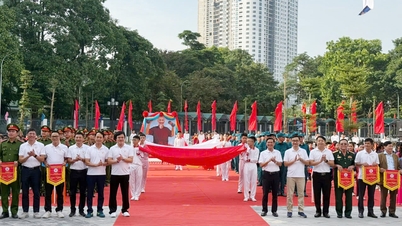















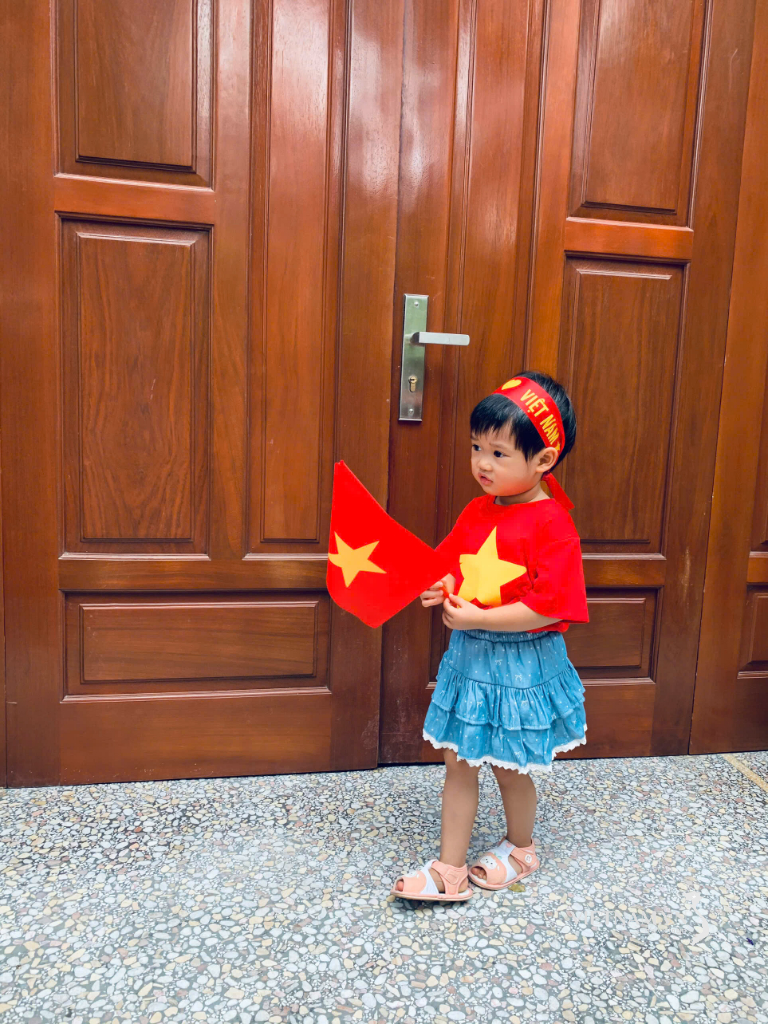

Comment (0)